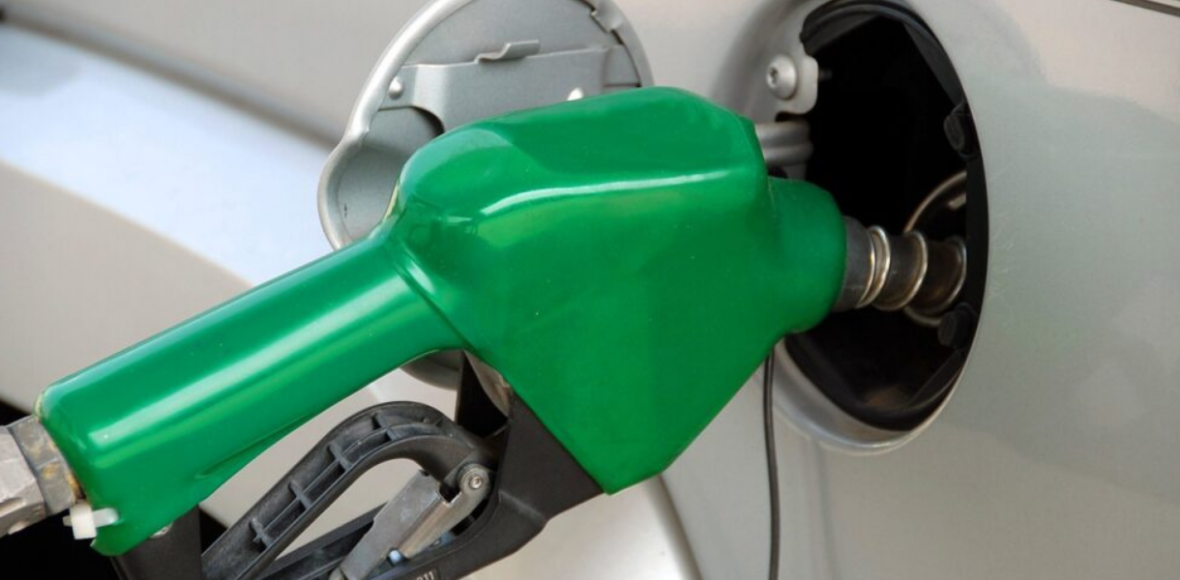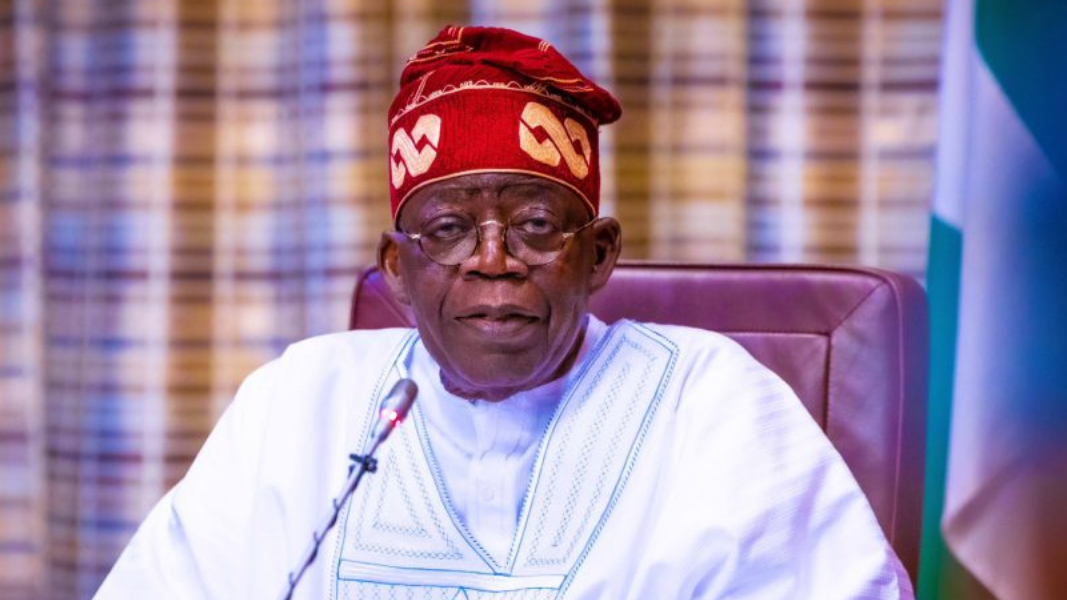
Your Roadmap to Financial Security
Start your wealth journey with us today
Partner with Coronation’s team of financial experts to make smart choices to preserve and grow your wealth.


Our ₦1200/litre of fuel story begins in December 2023. That is when the Managing Director/Chief Executive Officer of Petrocam Trading Nigeria Limited, Patrick Ilo, called on the federal government to urgently address the wide margin in petrol prices being enjoyed solely by the Nigerian National Petroleum Company Limited (NNPCL) to the disadvantage of its competitors in the business.
Ilo stated, “Government needs to be more concerted. There should be a better level playing ground. A situation where NNPC is not coming clean and clear about how they are doing their pricing while we are all in the same market is not acceptable.
“We are in a commodity market. Price differences between competition A and B should just be marginal. Where there is a much larger margin between what A and B sells, then there is no transparency. Government should come clear. Government should not compete in a way that will undermine private sector. We are borrowing from the banks.
“Our bottom line is important and if we make losses, we all go down. Government is not in the business of doing business. And the best they should do is to get out of business. They should be regulators and not businesspeople.”
Then, while we were trying to begin to implement our New Year resolutions, on January 3, 2024, Punch Newspaper reported that NNPCL and the Independent Petroleum Marketers Association of Nigeria clashed over the removal of subsidy on petrol.
Read also: How to Navigate Economic Uncertainty in Nigeria Through Adaptive Strategies for Wealth Preservation
The report said oil marketers mentioned that subsidy on petrol was increasing considering the crash of the naira against the United States dollar and the cost of crude oil. The marketers stressed that PMS should sell for ₦1,200/litre in a free market.
President Bola Tinubu had during his inaugural speech on May 29, 2023, declared that subsidy on petrol was gone. A declaration that was effectively implemented the next day by NNPCL.
President Tinubu said: “We commend the decision of the outgoing administration in phasing out the petrol subsidy regime which has increasingly favoured the rich more than the poor.”

Before Tinubu’s declaration, the pump price of petrol was below ₦190/litre. But it jumped to over ₦500/litre after the President’s statement. It moved up again to over ₦600/litre a few weeks later, with NNPCL selling at ₦568/litre.
Months after the declaration by President Bola Tinubu, Muda Yusuf, the CEO of the Centre for the Promotion of Private Enterprise, acknowledged that there was a partial government subsidy on fuel. But he pointed out that this was due to political, social, and economic factors.
Also, the National Public Relations Officer of the Independent Petroleum Marketers Association of Nigeria, Ukadike Chinedu, argued that the cost of fuel in a free market should be approximately ₦1,200/litre. He mentioned that the government is currently spending more to subsidise fuel.
Chinedu said, “To be pragmatic in this analysis, let’s consider the cost of petrol today in the United States. For premium petrol, it is $2.99, while super petrol sells for $3.15 or $3.10 depending on the part of that country where you are making the purchase.
“Now, $3 in Nigeria is over ₦3,000, because a dollar in the parallel market is over ₦1,000. You can also see the cost of diesel, which is over ₦1,000/litre. And it is important to state that petrol is usually higher in price than diesel in a free market.
“So, if you consider the cost of diesel, dollar, and other international factors, the price of petrol in Nigeria should be around ₦1,200/litre. But the government is subsidising it, which to an extent is understandable.”
Ukadike pointed out that he had previously clarified that the federal government was imposing a quasi-subsidy. This translates to mean that “the Federal Government decides to take out about 50 percent of the subsidy instead of taking out 100 percent of it.”
However, the Chief Corporate Communications Officer of NNPCL, Olufemi Soneye, stated that the Federal Government had discontinued providing fuel subsidies and characterised the opinions of economists and marketers as assumptions.
Soneye said, “We prioritise our time on substantive matters rather than responding to assumptions.
“At NNPC Ltd, we prioritise national development through energy security and sustainable growth. We reiterate that the Nigerian government does not pay subsidy on fuel; we recover full costs from our imported products.
“As a global energy company, our focus remains on fostering a vibrant and energy-secure Nigeria.”
In response to the recent brouhaha, Soneye wrote on NNPC’s official Twitter account:
“The Nigerian National Petroleum Company (NNPC) Ltd. assures the public that there is no imminent increase in the cost of Premium Motor Spirit (PMS), commonly known as petrol.
“NNPC Ltd. urges Nigerians to disregard unfounded rumours and assures them that there are no plans for an upward review of the PMS price.
Read also: Inflation Keeps Rising, How Can You Beat the Curve as an Investor?
“Motorists nationwide are advised against engaging in panic buying, as there is presently ample availability of PMS across the country.”
The fuel pump price in Nigeria is a dynamic figure influenced by various internal and external factors. Oil marketers have mentioned FX rates as one reason, we have a list:
($79.07 per barrel, and the price of WTI crude oil is at $73.39 per barrel as of January 4, 2024):
Currently, the pump price in Ibadan is ₦640/litre; in Abeokuta, it is ₦650/litre (only a few selling as of January 4, 2024); in Lagos, it is between ₦595 – ₦610/litre; in Abuja, it is ₦620/litre; it goes for ₦630 in Ondo; in Enugu, it is between ₦660-690/litre. Only NNPCL sells for ₦568/litre.
Therefore, the recent proposed increase in the fuel pump price to ₦1,200/litre in Nigeria has indeed generated significant concern and frustration among citizens. This is understandable for several reasons.
Fuel is a crucial commodity in Nigeria, used for transportation, food production, and powering businesses. A steep price increase significantly impacts individuals and businesses alike. It raises transportation costs, leading to higher prices for everyday goods and services, effectively reducing disposable income and putting a strain on household budgets.
We would remember that many Nigerians rely on fuel-powered businesses, like transportation services, small generators, and agricultural equipment. The price hike would directly erode their profits and can even threaten the viability of their livelihoods, potentially leading to job losses and increased unemployment.
Basic necessities in Nigeria like food, housing, and healthcare already consume a significant portion of household income. An increased fuel price increase adds another layer of financial burden, making it even harder for many families to afford basic necessities and pushing some closer to extreme poverty.
Unfortunately, many Nigerians feel government assurances about fuel price stability have not been met, leading to a sense of betrayal and lack of trust. This can undermine confidence in government policies and fuel frustration with economic management.
Ultimately, the fuel price increase is likely to feed into general inflation, potentially leading to further price hikes across various sectors of the economy. This creates a sense of uncertainty and anxiety about the future cost of living and overall economic stability.
This frustration is already simmering in Nigeria like stew on a hot stove. The proposed ₦1,200/litre hike is salt on injury scorching the already-strained budgets of everyday Nigerians.
Imagine Mama Sile, a market vendor balancing precariously between survival and hardship. Each squeeze of orange feels more bitter, each naira earned is dwindling in the face of rising fuel costs.
This isn’t just about buying cars or paying for the extras; it’s about food reaching Mama Sile’s table, about sending her children to school, about keeping the lights on, literally and figuratively. Transportation costs have skyrocketed since the removal of the subsidy, cascading into higher prices for everything from rice to rent. Dreams have shrunk, horizons dimmed, and the vibrant hum of daily life is tinged with anxiety.
The frustration echoes through crowded bus parks and bustling markets. It bubbles over in angry words muttered at petrol stations and simmers in weary sighs at roadside stalls. This isn’t just about broken promises; it’s about the erosion of trust, the feeling that the very ground beneath their feet is shifting.
Without mincing words, empty pockets don’t have to be your destiny. In Nigeria, where life can be a vibrant but unpredictable dance, building financial security requires strategic moves.
Here’s a playbook to keep your pockets plump and your future promising:
Let your money work for you. Invest in dividend-paying stocks, rental properties, or peer-to-peer lending platforms. These generate passive income, growing your wealth even while you sleep.
Buy insurance like never before. Invest in reliable insurance plans – as we recommended here – to cover unforeseen expenses.
Debt can be a tool for growth, but only if used and managed wisely. Avoid impulsive borrowing, consolidate high-interest loans, and prioritise timely repayments. Remember, debt repayments should never leave your pockets perpetually empty.
On the heels of the above, build a healthy credit score to unlock access to affordable loans for important life goals like buying a house or starting a business. Responsible borrowing can fuel your financial journey.
Ultimately, remember, financial security is a journey, not a destination. It takes consistent effort, smart choices, and a little luck. But with the right tools and the right mindset, you can be keep your pockets full, build a brighter future, and dance through life with confidence.
Go out there, diversify your income, protect your assets, and watch your financial security bloom, just like the baobab trees on the Nigerian plains, strong, resilient, and thriving.
We are your prosperity partner and can guide you all the way. For your business growth you should partner with us. To bank with Coronation Merchant Bank, you can reach out here.